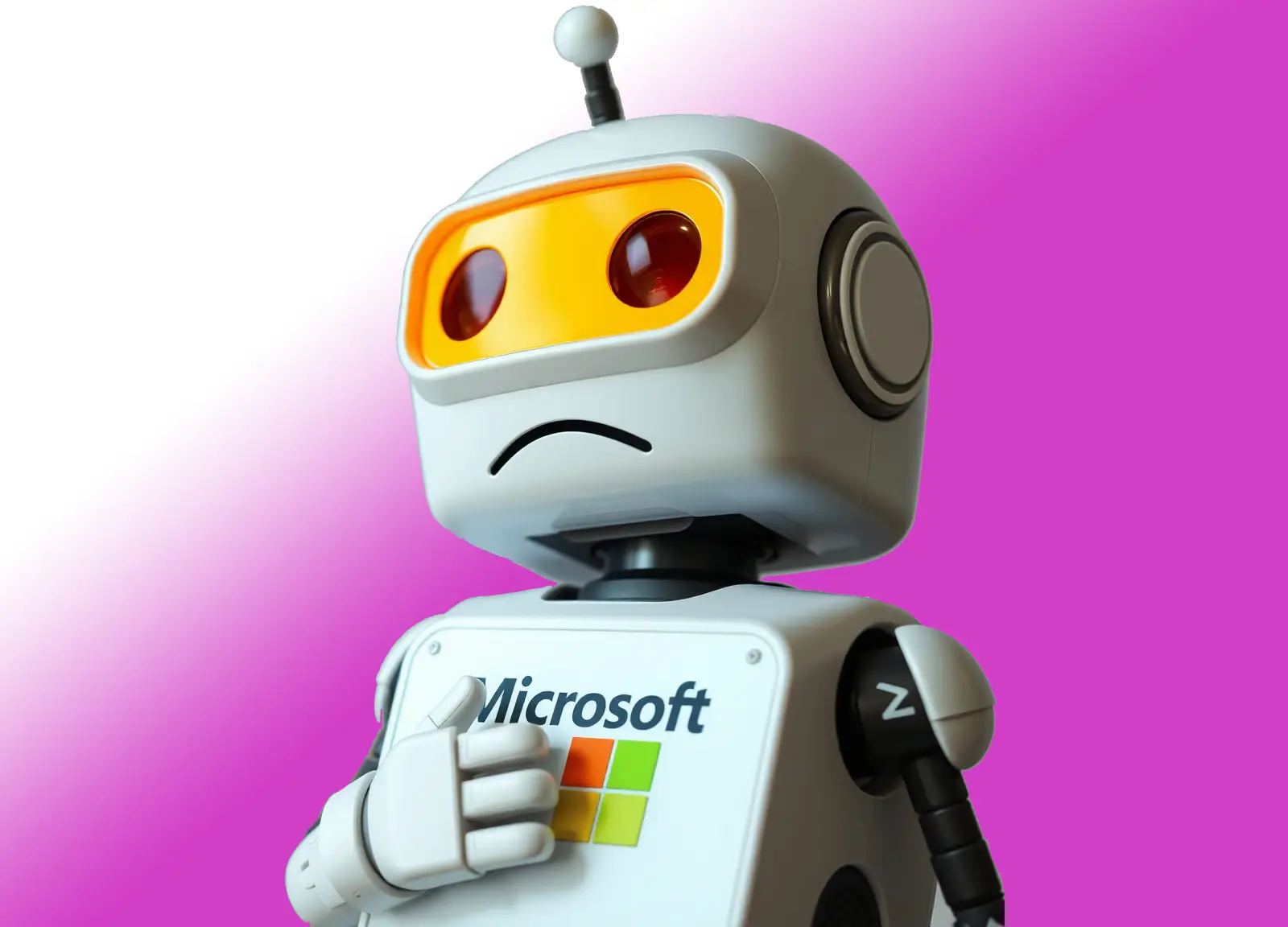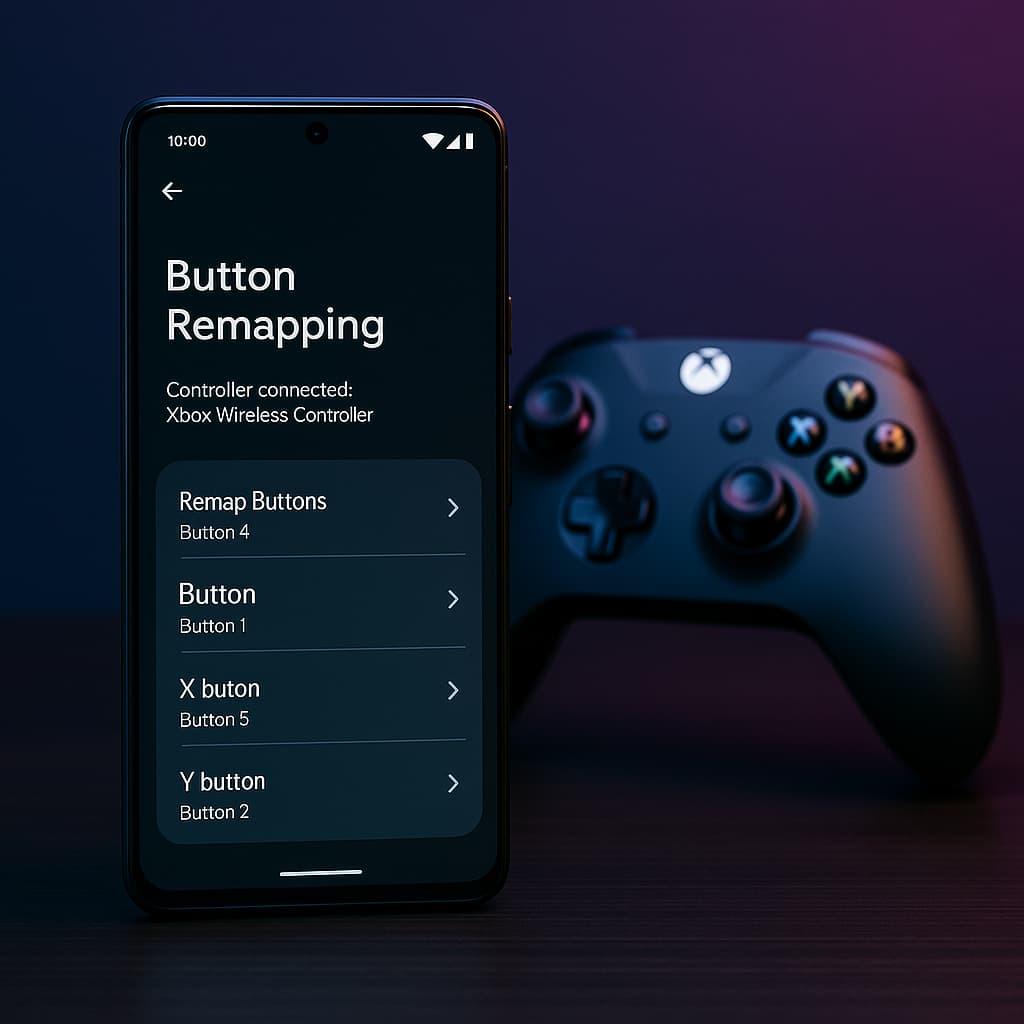Microsoft’s Copilot Struggles to Compete with ChatGPT Despite Deep Windows Integration
2025-04-26

Internal data reveals stagnant growth as users flock to OpenAI’s flagship chatbot instead.
Despite being woven into some of Microsoft’s most widely used products—including Windows 11, Microsoft 365, and the Edge browser—the company’s AI assistant, Copilot, is failing to gain meaningful traction against OpenAI’s ChatGPT, according to internal figures reported by tech newsletter Newcomer.
Data shared by Microsoft CFO Amy Hood in a March executive meeting shows Copilot’s weekly active users have plateaued at roughly 20 million over the past year. By contrast, ChatGPT has surged to an estimated 400 million weekly users, cementing its status as the breakout AI tool of the generative AI era.
The numbers highlight a glaring challenge for Microsoft, which has invested over $13 billion in OpenAI to secure early access to its models and integrate them across its ecosystem. While Copilot leverages OpenAI’s underlying technology and mirrors ChatGPT’s core capabilities, it has struggled to replicate the viral adoption of its partner’s product. Analysts suggest ChatGPT’s first-mover advantage and brand recognition have made it the default choice for consumers, even as Microsoft pushes Copilot front-and-center on millions of Windows devices.
Integration vs. Adoption
Microsoft’s strategy of embedding Copilot into its software suite—including a dedicated Windows 11 taskbar button and Edge sidebar—was designed to drive organic adoption. But the approach has yet to pay off. Users appear reluctant to switch from ChatGPT, which became a cultural phenomenon after its late-2022 launch.
“Microsoft is fighting an uphill battle against user habits,” said a tech industry analyst familiar with the matter. “People already associate generative AI with ChatGPT. Copilot feels like a feature, not a destination.”
Strategic Shifts and New Leadership
The sluggish growth has reportedly spurred internal debates about Copilot’s future. Earlier this year, Microsoft acquired Inflection AI co-founder Mustafa Suleyman and much of its staff, appointing Suleyman as CEO of a new Microsoft AI division tasked with reinventing Copilot.
Under Suleyman’s leadership, Microsoft has begun repositioning Copilot as a more proactive, consumer-facing tool. Recent updates include the ability to autonomously perform tasks like summarizing websites or drafting emails—a shift toward “agent”-style AI that can act without direct prompts. A visual redesign has also softened Copilot’s branding, moving away from its original association with GitHub’s developer tools.
Still, these changes have yet to translate into a significant user spike. Critics argue that Copilot’s premium pricing for advanced features (up to $20/month for Microsoft 365 integration) and its fragmentation across apps may be hindering appeal.
The Road Ahead
For Microsoft, the stakes are high. The company has bet heavily on AI to revitalize its software suite and challenge Google’s dominance in search and productivity tools. Yet with ChatGPT continuing to dominate mindshare, Microsoft’s challenge is clear: convince users that Copilot isn’t just another chatbot, but an indispensable AI companion woven into their digital workflows.
As one Microsoft employee anonymously noted to Newcomer, “We have the tech and the distribution. Now we need the ‘why.’”
Microsoft declined to comment on the internal figures but reiterated its commitment to “evolving Copilot to meet user needs.” For now, the AI assistant remains a work in progress—one with vast potential, but still searching for its moment.
Recommended Articles

Android 17 Leak Hints at a Gaming Game-Changer: Native Controller Remapping
2025-11-15
New evidence in the latest Android 17 Canary build suggests Google is finally adding system-level controller remapping — a feature that could reshape mobile and cloud gaming.

Dorsey and Musk Clash with Creators Over Call to Scrap IP Laws Amid AI Copyright Wars
2025-04-14
Tech billionaires Elon Musk and Jack Dorsey are pushing to dismantle intellectual property laws, calling them outdated in the AI era. Their controversial stance—sparked by Dorsey’s viral 'delete all IP law' post—has drawn fierce backlash from artists and authors battling AI companies over copyrighted training data. As lawsuits mount and creators warn of 'artistic extinction,' the debate forces a reckoning: Should innovation trample ownership, or can fairness survive the age of machines?

Stanford Study Finds Therapy Chatbots Reinforce Stigma, Fail Crisis Scenarios
2025-07-14
Landmark research reveals AI therapists stigmatize mental health conditions and dangerously mishandle crises—including providing bridge heights to suicidal users.